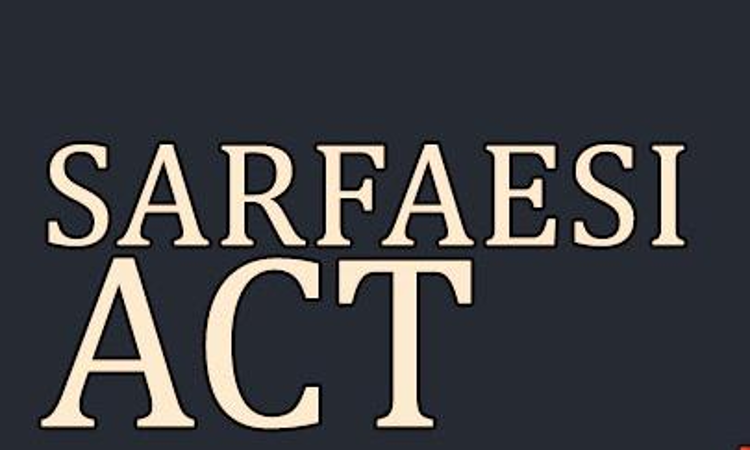Bank Entitled To Proceed U/S 13 SARFAESI Act Notwithstanding That Debt Portfolio Was Assigned To It By NBFC: Bombay High Court
Fatima Ansari
22 March 2022 5:51 PM IST

Next Story
22 March 2022 5:51 PM IST
The Bombay High Court has held that a Bank, being a "secured creditor" within the meaning of section 2(zd) of the Securitisation and Reconstruction of Financial Assets and Enforcement of Security Interest Act, 2002 (SARFAESI Act), is entitled to initiate proceedings against a debtor under Section 13 thereof, notwithstanding the fact that the assignor of debt portfolio was not a...
